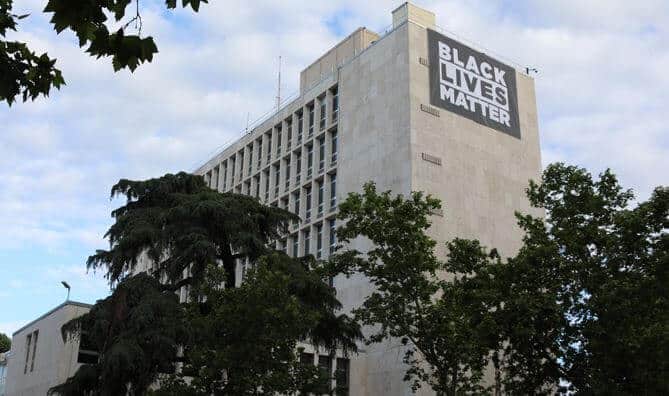Last week it emerged that US agents had bribed Spanish military intelligence for covert information. Two US agents, who reportedly succeeded in recruiting the Spanish officers as assets, have been expelled from the country.
The Spanish agents were caught after accessing information outside their normal line of duty. Reports in Spanish newspaper El País mention “a large sum of money” being paid to the officers.
The Spanish collaborators have since been arrested and imprisoned. The investigation was reportedly ongoing for several months before being made public last Monday.
There has been almost follow-up or official comment from the White House or Anglophone media since an initial report on Reuters when the story broke.
Understandably, there has been much greater interest in Spain itself. Recruiting military intelligence agents is a hostile diplomatic act, and all the more confounding given that Spain’s military already operates jointly with the US.
Newspaper El Confidencial is foreshadowing the possibility of a “treason” trial. It would be the first since the trial of Roberto Flórez, who was convicted in 2007 of leaking information to the Russians. Measures put in place after 2007 are credited with allowing the recent leak of information to be detected.
The diplomatic fall-out remains unclear, given the apparent black-out in media reporting and official comment on the scandal. The US Ambassador in Madrid reportedly denied knowing about the operation, or that it was initiated by the Biden administration.

And indeed, the geopolitical implications depend upon the 2024 US presidential election. Given the Democratic will to maintain the trans-Atlantic alliance, the Spaniards may be mollified in some way. If Trump is elected, it may become one more reason, in the EU’s minds, to re-build their military independence.
For now, the story is a classic case of an inconvenient news item being not at all censored, yet uniformly minimised in the public debate.
Sign Up To Our Free Newsletter